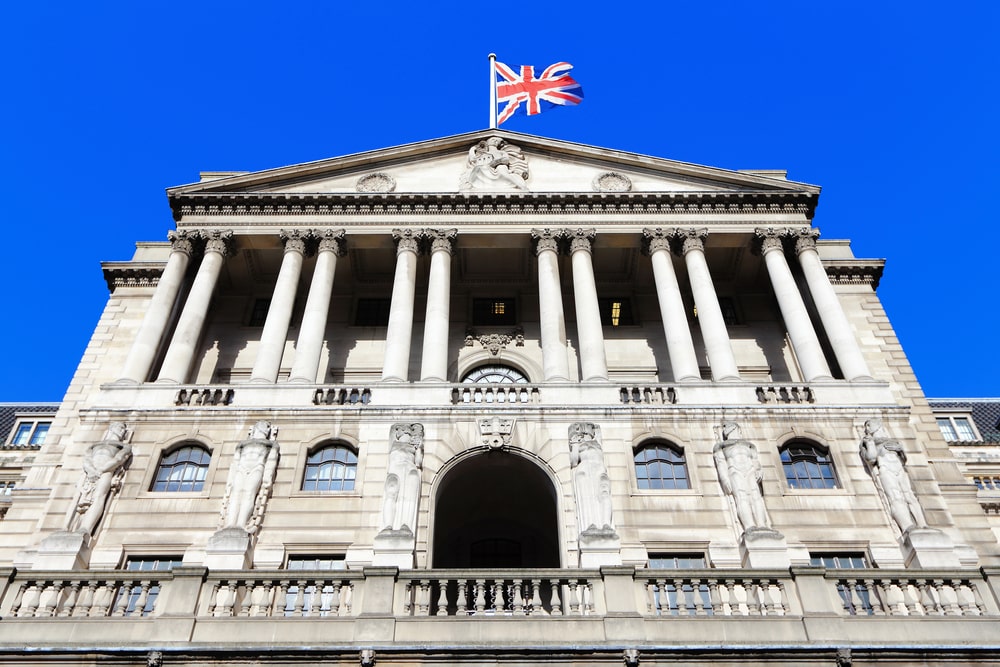
The focus of the economic impact of the coronavirus shifted to Britain on Wednesday after the country’s central bank slashed interest rates in an emergency move designed to stimulate the economy amid the outbreak’s spread.
The announcement, which came early on Wednesday, saw the interest rate reduced from 0.75% to 0.25%.
It came on the day that Chancellor of the Exchequer Rishi Sunak, who is new to the role, prepares to make his first budget announcement later in the day.
As a result of the Bank’s decision, the pound lost its previous high position of $1.2937 in its pair against the US dollar.
It was back to where it was a day earlier, at $1.2873, at one stage.
According to analysts, the markets were surprised about the extent to which the Bank went. Many traders had been preparing for a cut of more than 25 basis points, or 0.25% – but they had not been prepared for the cut that materialised.
The decision also fuelled expectations that Sunak’s budget, which is due around lunchtime in the GMT timezone, could be stimulating in nature.
Elsewhere around the world, the coronavirus continued to make headlines in the currency markets.
The US dollar was down by an entire percentage point over the course of the day in its pair against the age haven yen, which is the currency of Japan.
Specifically, it was down by 0.9% – leaving it at 104.67.
Attention has been paid by some to the response of President Donald Trump, who has been accused of not responding fast enough to the outbreak in the country.
However, he did make some claims about his plans over the course of Tuesday.
He said that there would be a payroll tax cut put into place, and he also hinted that stimulus moves described as “very major” could be on the cards.
Details, however, were thin on the ground.
It is believed that 696 new cases of the virus, which originated in China, were reported in the US over the day.
This marks an increase of more than 200 on previous levels.
Deaths, meanwhile, had gone up to 25.
It is believed that the Federal Reserve central bank, which has already slashed the country’s interest rates once in an emergency move, will follow in the footsteps of the Bank of England and make another rate cut.
It is predicted that this will be at least half a percentage point in size. The Fed will meet next week to make the decision.
While the Japanese currency has surged in recent days due to the country’s status as a prolific creditor, the country itself is also suffering.
Some estimates have suggested that the major Asian nation is already in recession.
Another designated safe haven currency, the Swiss franc, was up in its pair against the US dollar to 0.9335.
This represented a rise of 0.65%.
And the single European currency, which has recently assumed something of a new-found safe haven status, appeared to be up by 0.6% to $1.1349.
 Between 74-89% of CFD traders lose
Between 74-89% of CFD traders lose  Your capital is at risk
Your capital is at risk  Your capital is at risk
Your capital is at risk  Your capital is at risk
Your capital is at risk